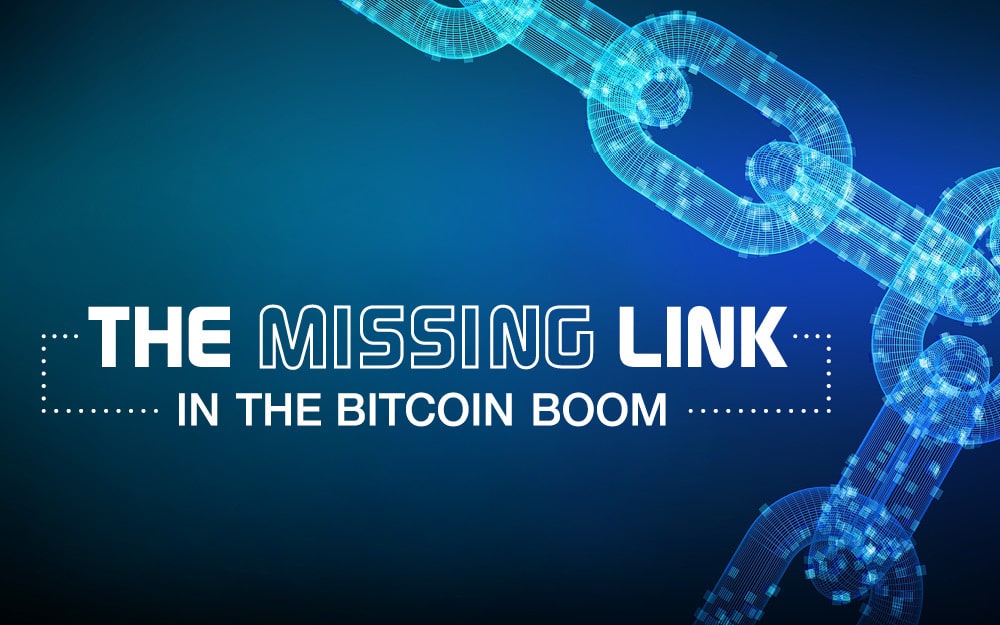
Whether it’s the booming price of Bitcoin, or record-breaking prices for investments paid for in digital currencies, cryptocurrencies continue to feature in the media and in dinner conversation. This has reignited debate about whether we are witnessing an old-fashioned bubble about to burst or a new asset class in the making.
The price of Bitcoin has gone from around $13,800 a year ago to a recent high of $84,350 [1]. Undoubtedly, some people have made money on the way up, but experts urge caution. While cryptocurrencies are being accepted more widely, the Australian Securities and Investments Commission (ASIC) warns they are high risk, difficult to value and unregulated*[2]
You may also have seen recently that a digital artist known as Beeple sold a work at auction for $89 million, while Twitter founder Jack Dorsey sold his first tweet for $3.8 million. Both were paid for in cryptocurrencies in a trend called non-fungible tokens (NFTs) [3]. NFTs are a unique bit of digital code that cannot be duplicated or counterfeited, making them particularly attractive for collectors.
Cryptocurrencies and NFTs have one thing in common – they are both enabled by a technology called blockchain.
What is blockchain?
Blockchain is a system of recording and storing information that helps keep track of ownership securely and transparently.
It is essentially a digital ledger of transactions stored in blocks that is duplicated and distributed across a network of computer systems forming a blockchain. Every new transaction that occurs on the blockchain is added to every participant’s ledger.
This means if one block in the chain is changed, it would be immediately apparent that it had been tampered with, making it near impossible to change, hack or cheat the system.
History teaches us that fortunes are more likely to be made selling shovels to miners in a goldrush, than buying a shovel and joining them. So could it be that long-term value is more likely to come from investing in the underlying blockchain technology than chasing quick profits from the likes of Bitcoin and NFTs?
Given rising concerns about hacking and data breaches, it’s no surprise that blockchain is being embraced by government and businesses alike.
Government backs digital technologies
In the 2020 Federal Budget, the Australian government set aside $800 million to invest in digital technologies, including blockchain technology pilots to cut business compliance costs [4].
This followed the launch two years ago of the government’s National Blockchain Roadmap, developed in collaboration with industry and universities to highlight the technology’s potential to save businesses money and open new business and export opportunities.
According to the Roadmap, blockchain technology is predicted to generate an annual business value of over US$175 billion by 2025. By 2023, blockchain will support the global movement and tracking of US$2 trillion worth of goods and services annually. By next year, it is predicted to save the financial services industry US$15-20 billion annually[5].
Practical uses of blockchain
In Australia, the biggest user of blockchain is the financial services industry. For example, the Australian Securities Exchange (ASX) is working on a new blockchain system to finalise local equity trades which will replace the old CHESS system in early 2022.
But it also has applications across the economy in sectors including trade, logistics, real estate, energy, water, resources and agriculture. The cost to Australian food and wine producers of direct product counterfeiting and substitution was estimated to be over $1.7 billion in 2017 alone (5)
Take the example of the wine industry. Blockchain can help with inventory tracking, facilitate automated payments between supply chain members, and reduce counterfeiting through provenance transparency.
Investment opportunities
Thanks to government and industry support, a growing number of blockchain companies are listing on the ASX. There are companies using blockchain to:
- Keep track of financial data and identity documents for compliance
- Verify human engagement on social media to prevent interaction with bots and fake profiles
- Make supply chains transparent in combination with artificial intelligence technology (6)
Other companies have integrated blockchain into parts of their business to enhance security on digital platforms or to accept and settle payments.
While the local ASX-listed technology sector is still relatively small and high risk, it does offer investors increasing opportunities to invest in cutting-edge technologies with real world applications.
If you would like to discuss your overall investment strategy, don’t hesitate to get in touch.
Footnotes
*Disclaimer: We cannot advise clients on investments in Bitcoin or any other cryptocurrency as they are not regulated financial products.
[1] https://au.finance.yahoo.com/quote/BTC-AUD/history/?guccounter=1
[2] https://moneysmart.gov.au/investment-warnings/cryptocurrencies-and-icos
[3] https://www.businessinsider.com.au/what-are-risks-of-investing-in-nft-2021-3
Suite 2, 1 Railway Crescent
Croydon, Victoria 3136
Telephone: 03 9723 0522
Email: integrityone@iplan.com.au